Jordan Maxwell Books
Books Recommended by Jordan Maxwell
Jordan Maxwell Books. Jordan was a pioneering researcher into hidden history, secret societies, and occult symbolism. He spent decades uncovering truths buried beneath mainstream narratives. Over time, he also recommended key books to help truth seekers and researchers explore the deeper forces shaping our world.
“Product offerings are available through donations equivalent to fair market value.”
Top Books Jordan Maxwell Recommends
1. The Secret Teachings of All Ages by Manly P. Hall
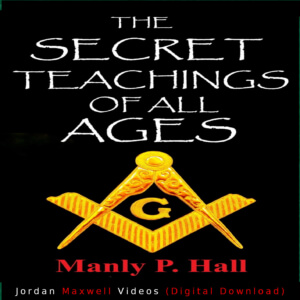
This classic esoteric encyclopedia is one of the most respected books in occult studies. Hall explores ancient mystery schools, religious symbolism, and mythological allegories. Jordan Maxwell often referenced this book due to its clarity and comprehensive analysis of symbols.
2. The Lost Keys of Freemasonry by Manly P. Hall
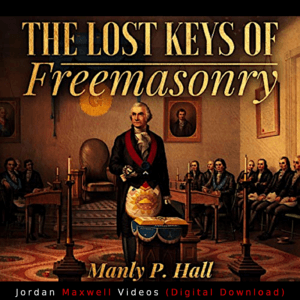
In this work, Hall investigates the spiritual roots and rituals of Freemasonry. Maxwell encouraged readers to explore it in order to understand how secret societies influence modern systems through ancient symbolism and coded meanings.
3. Rule by Secrecy by Jim Marrs
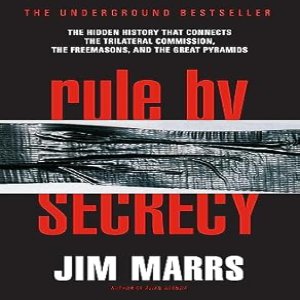
Jim Marrs delves into the global networks of hidden elites and secret alliances. Moreover, his work reinforces Maxwell’s claims about how unseen power structures manipulate public perception and historical events.
4. The Creature from Jekyll Island by G. Edward Griffin

Griffin exposes the hidden origins of the Federal Reserve and the global banking system. Maxwell frequently cited this book as a key to understanding how financial institutions control governments and populations.
5. Tragedy and Hope by Carroll Quigley
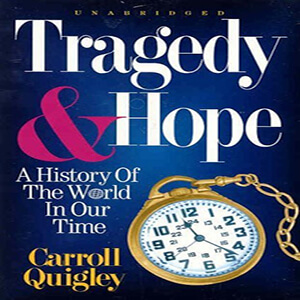
Written by a Georgetown professor with insider access, this work outlines the rise of financial and political elites. As a result, Maxwell viewed this as a must-read for anyone seeking to grasp the deeper mechanics of global power.
6. Behold a Pale Horse by William Cooper

This popular conspiracy research book explores government secrecy, black projects, and hidden agendas. Maxwell often said it provided supporting evidence for many of his own findings.
7. Secret Societies and Subversive Movements by Nesta H. Webster
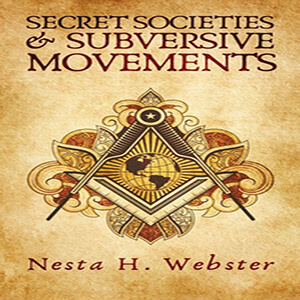
Webster’s historical account examines the roles of secret societies in revolutions and world conflicts. Maxwell appreciated her work for exposing how these groups influence both politics and religion.
8. Ancient Texts and Sacred Scriptures
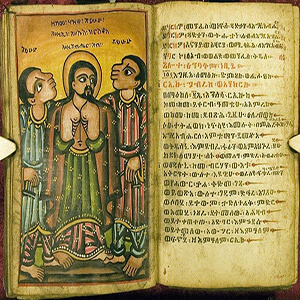
Maxwell always urged people to read religious texts like the Bible, the Dead Sea Scrolls, the Gnostic Gospels, and the Egyptian Book of the Dead. By doing so, he believed researchers could uncover meanings often misrepresented in mainstream theology.
How These Books Support Jordan Maxwell’s Research
Each book directly complements key themes from Maxwell’s body of work:
- Occult Symbolism: Hall’s writings offer deep insights into symbolic language, which Maxwell often decoded.
- Political and Financial Power: Griffin and Quigley explain the financial systems and global elite structures Maxwell uncovered.
- Secret Societies: Marrs and Webster provide historical context for the influence of hidden networks.
- Religious Foundations: Ancient texts provide the basis for Maxwell’s critique of organized religion and spiritual control.
Consequently, reading these books offers context and depth that amplify Maxwell’s message.
Why Jordan Maxwell’s Book Recommendations Matter
Jordan Maxwell didn’t suggest books lightly. Instead, the titles he promoted came from years of investigation, personal study, and first-hand observation. These works provide valuable frameworks for understanding the systems of control, religious origins, and symbolic language that Maxwell spent his life exploring.
For example, Maxwell often said that decoding ancient symbols required background knowledge from serious scholarship. That’s why he often recommended authors like Manly P. Hall and G. Edward Griffin—writers whose work aligns closely with his own discoveries.
In addition, these books serve as trusted sources that offer historical credibility and intellectual depth. Therefore, studying them alongside Maxwell’s videos creates a more well-rounded perspective.
Tips for Researchers Studying These Books
To get the most out of this reading list, follow a few simple strategies:
- Take Notes: Write down key concepts and how they connect to Maxwell’s presentations.
- Compare Authors: Examine where their ideas align—and where they differ—for a fuller perspective.
- Use Video as a Supplement: Watch Maxwell’s lectures to hear how he applies these sources.
- Join a Study Group: Online forums or book clubs can enhance your understanding and expose you to new viewpoints.
Ultimately, the more you study, the more patterns you’ll begin to recognize—just as Maxwell always encouraged.
Conclusion
Jordan Maxwell’s work was rooted in decades of tireless research, public speaking, and documentation. While his videos and interviews remain widely shared, the books he recommended are equally essential. They give researchers the tools to look beyond surface-level narratives and dive deep into symbolic, historical, and institutional truths.
In summary, if you’re committed to uncovering the real forces behind religion, finance, law, and power, this curated reading list is the perfect place to start. Jordan Maxwell laid the path—now it’s up to you to follow it.
Jordan Maxwell: Wikipedia | Jordan Maxwell 27 DVD Collection




